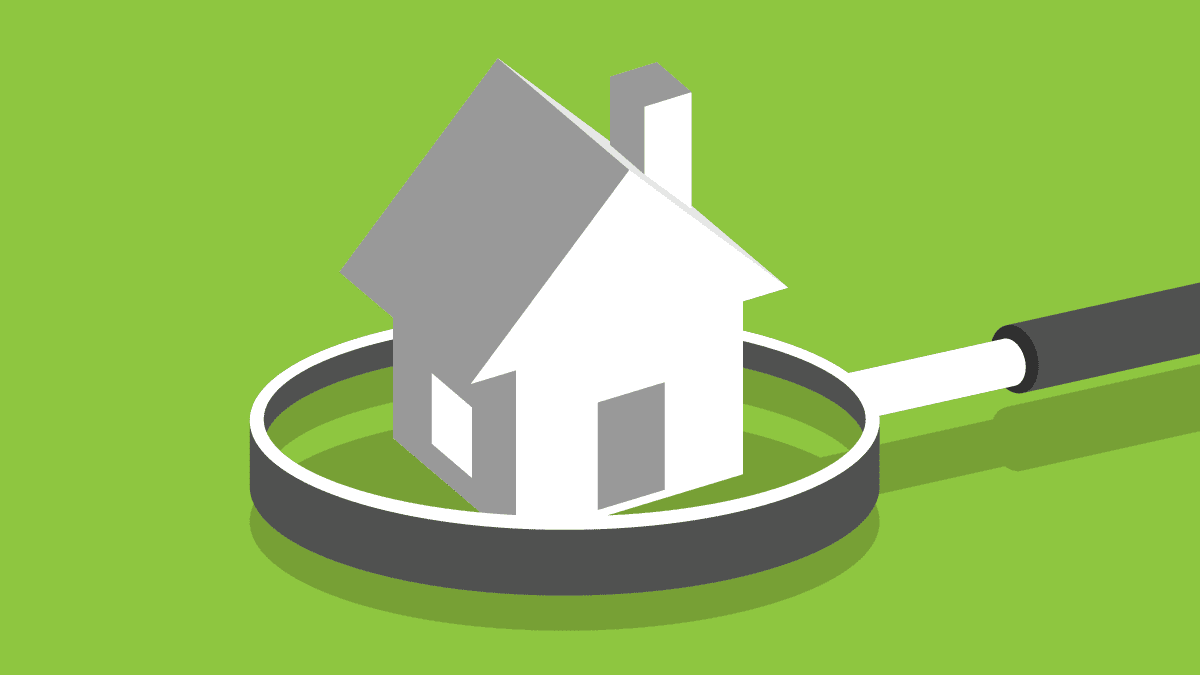How to Get the Most From a Home Inspection

This is your chance to get an in-depth look at a place you may call home and ask all the questions you want. “There are a lot of systems in a house to go over,” says Don Norman, a senior building consultant for BPG Inspections in Alpharetta, Ga.
Do the following as you walk through the house:
Take your time. “Most people bid on a house after they’ve viewed it for 15 minutes,” Norman says. “I’ve had people walk into a house and say they thought the dining room was in a different place. The inspection is a good time to look again and make sure the home is how you remember it.”
Listen for hints of trouble. It’s not the inspector’s job to tell you whether to buy a home or bail. But during your time together, listen for clues, advises Gary Roholt, owner of A+ Inspection Specialists, based in Rice Lake, Wis.
“Listen for words and phrases like ‘major,’ ‘significant,’ ‘immediate repair,’ ‘get estimates,’ and ‘needs to be fixed now,’ ” he says.
If you hear the words “fungal material,” your inspector is talking about mold, but because of liability reasons, may not want to come out and say the word “mold.”
Your inspector should know local building codes and will let you know, both in person and in their report, when something in the house could be unsafe or is outright dangerous. “If it’s a safety issue, we’re going to comment on it,” Norman says.
If the inspector finds a significant concern and you really want their opinion on whether to steer clear of the home, frame your query in a way that doesn’t put them on the spot.
For instance, you could ask the inspector whether it would be a deal breaker for them or a family member, says Tina Marie Jung, a Realtor with RE/MAX Results in St. Louis, Mo., who represents buyers in half of her transactions. Jung says an inspector once told her client point-blank: “I’d tell my daughter to walk away.”
Note where key controls are. Pay attention when the inspector points out important components, such as the electrical breaker panel, the furnace emergency switch, and the water main shutoff. It will save you headaches later if, say, you need to turn off the water when an internal pipe bursts.
The inspection report may include photos or even videos identifying those items, but you’re more likely to remember them if you see them for yourself, Hogan says.
Get referrals for other experts. Some home inspectors have specialized training or certification to inspect, say, artificial stucco or log homes. But they aren’t experts in every building trade. Also, they can only point out problems they can see.
Though an inspection report may indicate potential concerns with septic systems, pest infestations, radon, asbestos, water quality, and possible signs of mold, it’s not meant to outline the entire scope of those problems. For that, you’ll need experts who have specialized training in those fields.
Your inspector will probably be able to recommend qualified specialists. You can also approach friends who’ve hired these professionals in the past for referrals, or check online reviews of specialists to home in on a candidate.
Your inspector finds worrisome foundation cracks? You’ll want a structural engineer or an architect to check it out more thoroughly. Does the house have a septic system? You’ll want a septic-system testing company to come out and make sure it’s in working order.
Looking at a home that’s 70 years or older? Consider hiring a plumber to use a “sewer cam”—a big plumbing snake fitted with a video camera—to scope out blockages in the waste pipe that connects the home to the municipal system.
“In my area, a sewer cam costs $175,” Jung says. “But if the waste line turns out to need replacement, it could be $15,000 to $20,000 to jackhammer the sidewalk to get at it.”
Source link











